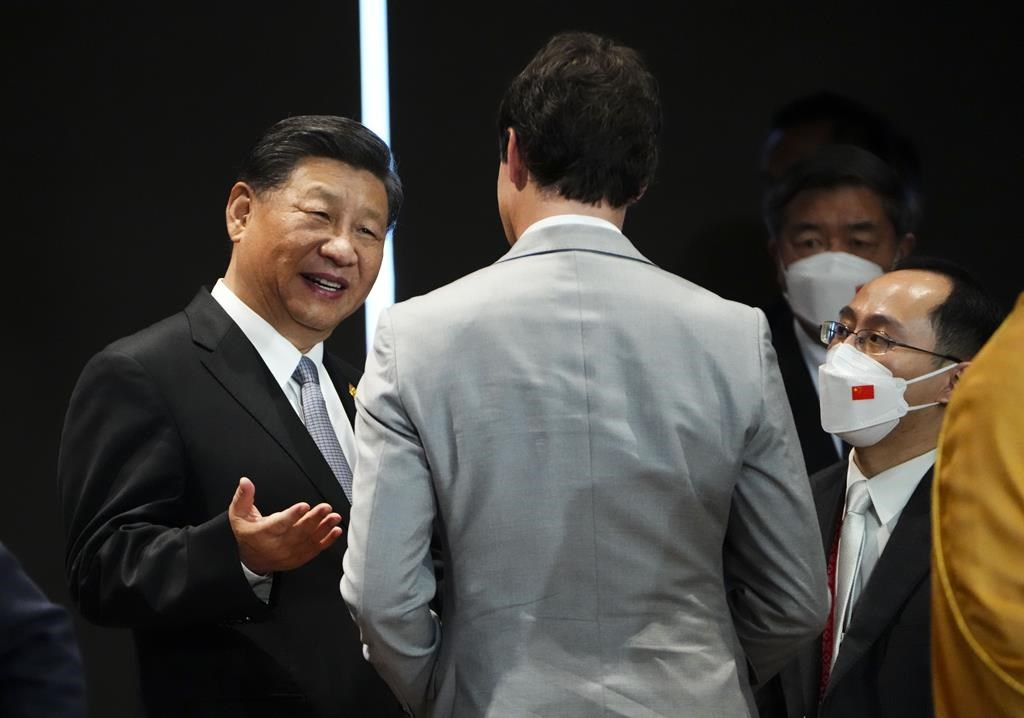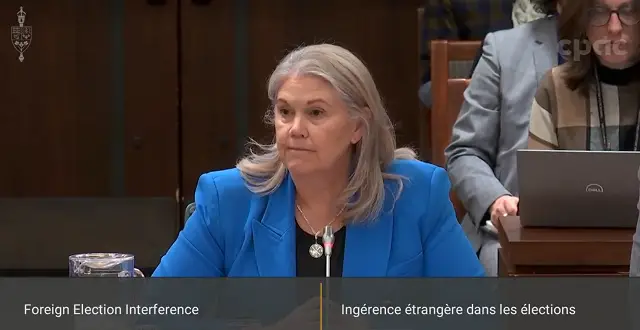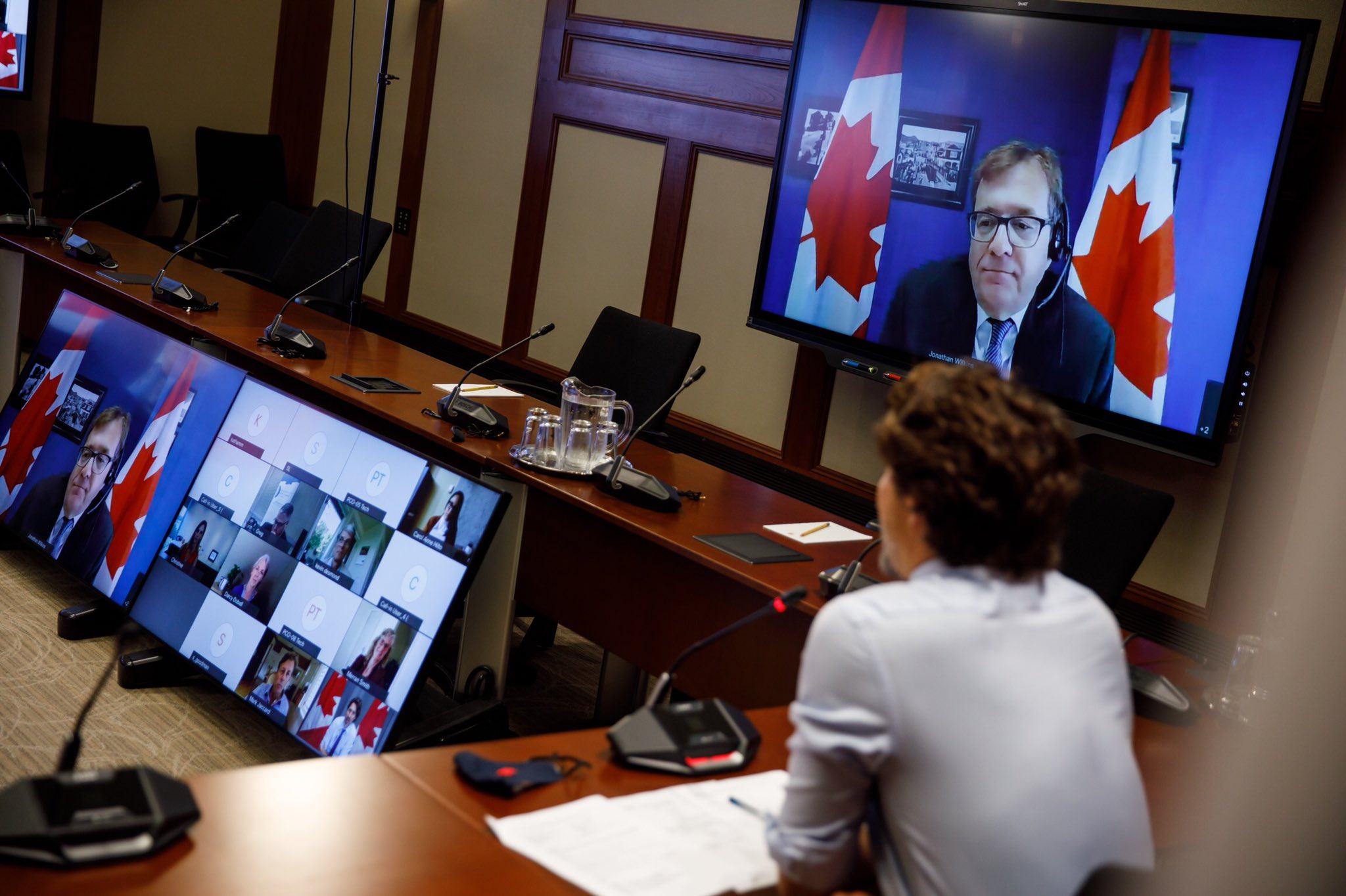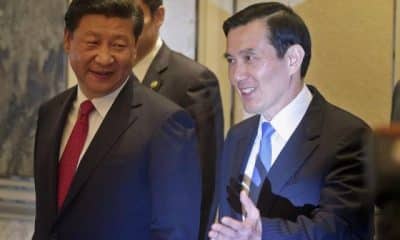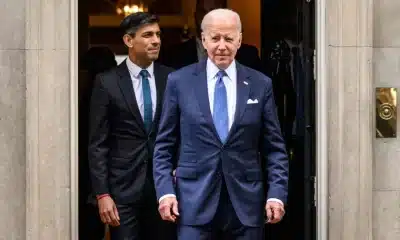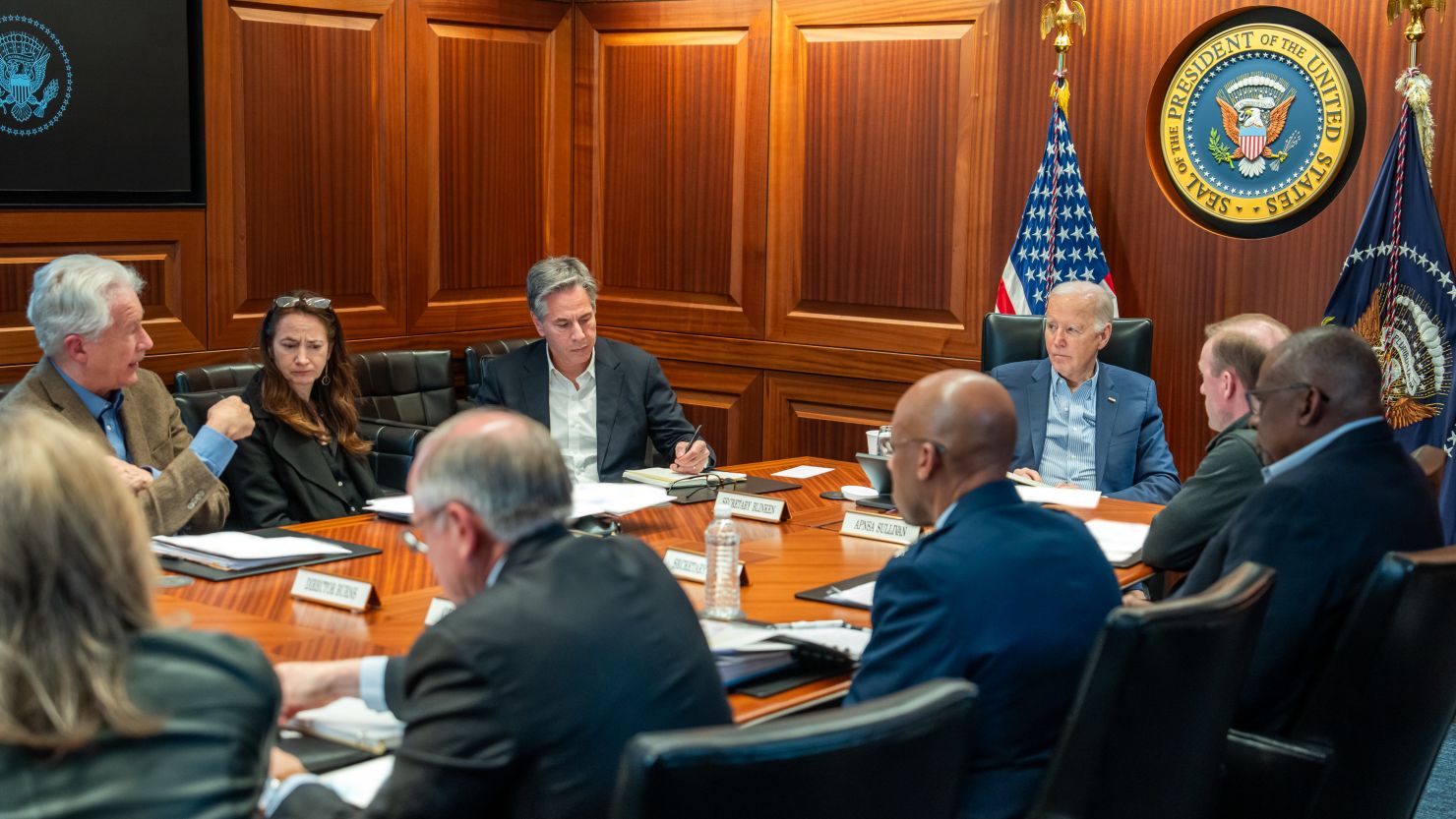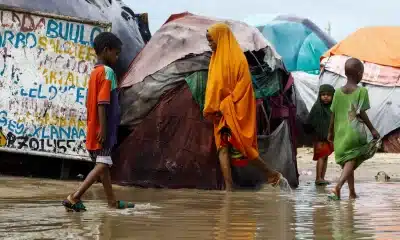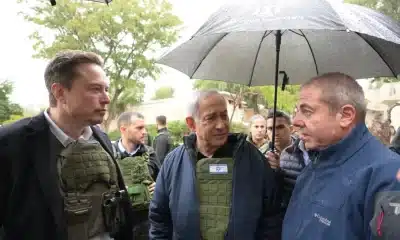News
2 National Security Reports Allege China Funded Liberals
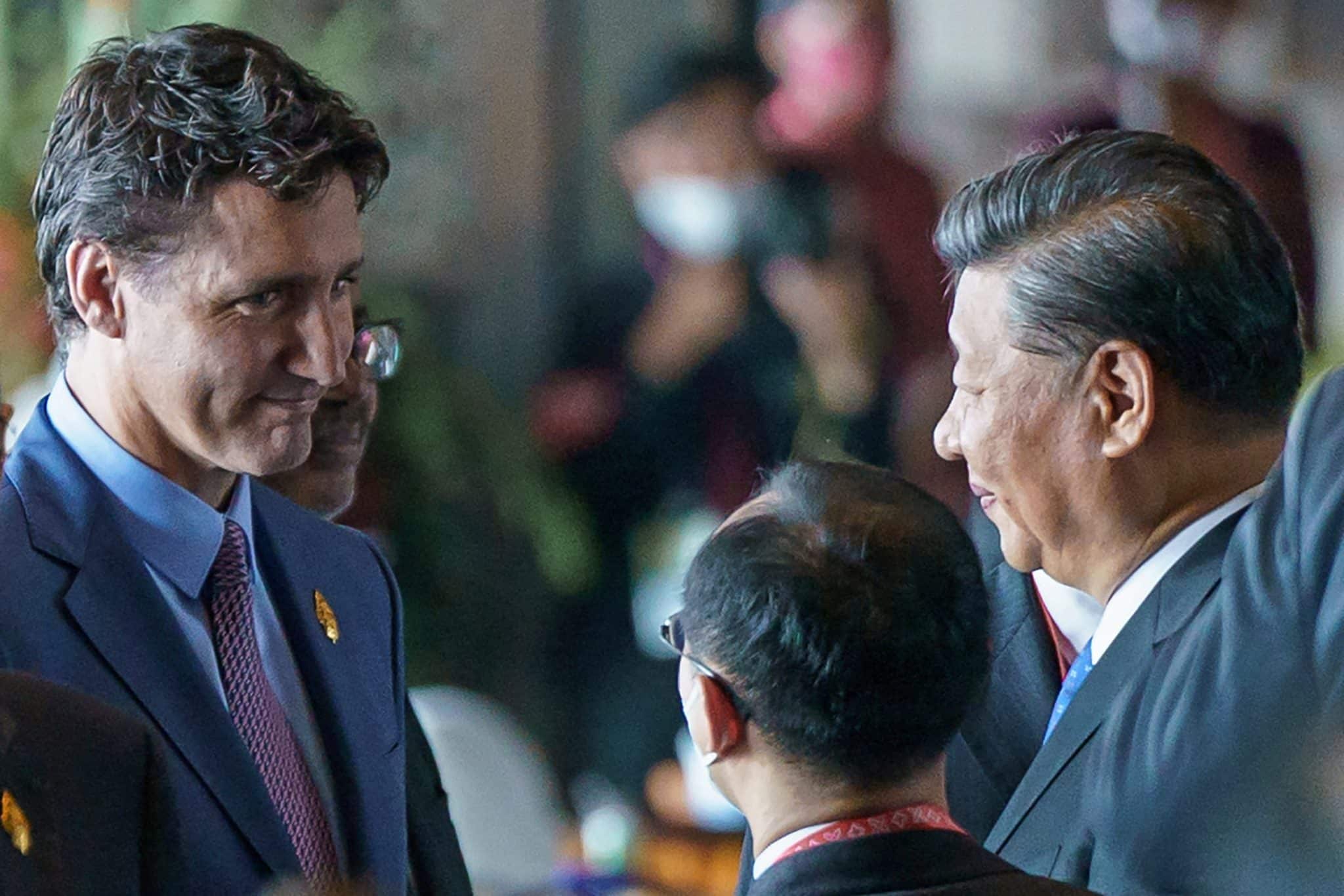
Canada’s Prime Minister Justin Trudeau stated that he was never briefed on the matter, and his security adviser dismissed it out of hand, but 2 high-level national security reports released before and after the 2019 election indicate that he was warned that Chinese government officials were funneling money to Liberal political candidates.
The two National Security reports, dated 2019 and 2022, raise concerns about what senior federal officials knew about the alleged funding by a foreign interference network and how seriously the Trudeau government took the warnings.
The first is a “Special Report” prepared by the Privy Council Office for the Trudeau administration and dated January 2022. The memo was also finalized, implying that it was intended for Trudeau and his senior aides to read.
According to Global News, Chinese officials in Toronto disbursed money into a covert network tasked with interfering in Canada’s 2019 election.
“A large clandestine transfer of funds earmarked for the federal election from the PRC Consulate in Toronto was transferred to an elected provincial government official via a 2019 federal candidate’s staff member,” according to the PCO report.
The Intelligence Assessment Secretariat compiled this document from 100 Canadian Security Intelligence Service reports. The IAS is a division of the PCO that issues national security alerts to Prime Minister Justin Trudeau and his cabinet regularly.
According to a national security official who explained the report to Global News, the finalized memo was about intelligence gleaned from an ongoing, high-level investigation in the Greater Toronto Area that began in January 2019.
Global News granted anonymity to Intelligence sources, who requested it because they face prosecution under the Security of Information Act.
According to intelligence sources, the provincial official implicated in the alleged clandestine transfer from the Toronto consulate is a member of Ontario’s legislature.
When asked if CSIS Director David Vigneault had briefed Trudeau, his staff, or cabinet on the allegations of covert funding, a CSIS spokesman said, “There are important limits to what I can publicly discuss given the need to protect sensitive activities, techniques, methods, and sources of intelligence.”
“Regarding specific briefings on foreign interference, Director Vigneault committed to working with the Privy Council Office on a consolidated response to parliamentarians during committee proceedings last week,” CSIS spokesman Eric Balsam wrote.
According to Global News, a bipartisan panel of parliamentarians issued an earlier, high-level warning about clandestine funding of China’s “preferred candidates” two months before the 2019 election.
The information came from Parliamentary Canada’s National Security and Intelligence Committee, which reviews national security issues and promotes “government-wide accountability.”
Trudeau established it in 2017, and it reports to the Prime Minister.
This is the same panel Trudeau appointed on Monday to investigate allegations of Chinese election meddling, which Global first reported in November.
However, Trudeau’s appointment of NSICOP and a “special rapporteur” did not address mounting calls from national security experts for a public inquiry into the allegations.
According to the 2019 NSICOP review of foreign interference, “foreign states clandestinely direct contributions to” Canadian politicians.
According to the report’s subtitle, “Targeting the Political Nomination Process and Preferred Candidates,” “targeting frequently begins during the nomination process.”
Following the nomination process, “foreign states clandestinely direct contributions to and support for the campaigns and political parties of preferred candidates,” according to the review.
While the document did not examine specific interference activities aimed at the 2019 federal election, it did provide several examples of alleged Chinese election interference involving candidate targeting and funding from 2015 to 2018.
“A [People’s Republic of China] Embassy interlocutor established the ‘tea party,’ a group of community leaders, to hand-pick candidates that it would support and eventually publicly endorse,” it says.
It said a “former PRC Commercial Consul informed PRC businesses of the rules governing Canadian political contributions and urged specific business leaders to donate through Canadian subsidiaries and acquisitions.”
Global News examined an unredacted copy of the NSICOP review, which had not previously been made public.
According to its chair, MP David McGuinty, NSICOP conducted a special review of the threat of foreign interference to Canada and Ottawa’s response to it as part of its mandate.
“The Committee heard testimony from dozens of officials from Canada’s security and intelligence communities, reviewed thousands of pages of documentation, both classified and open source, and deliberated at length,” McGuinty said in a March 2020 statement, adding that the reports “were submitted to the Prime Minister on August 30, 2019.”
While the Prime Minister’s Office confirmed to Global News on Feb. 7 that Trudeau received and reviewed the NSICOP document, spokeswoman Alison Murphy said Tuesday that Trudeau was unaware of Beijing directing funds to political candidates.
“We have no information on any federal candidates receiving money from China, as the Prime Minister stated last fall,” Murphy said.
Global News was the first to report in November on intelligence from the January 2022 “Special Report,” which alleged a sophisticated election interference network orchestrated by the Chinese consulate in Toronto to interfere in the October 2019 election.
According to reports, the group included at least 11 candidates and 13 or more aides. According to sources, an Ontario MPP was also involved, and the group included both witting and unwitting Liberals and Conservatives.
According to sources, this “clandestine transfer of funds” allegedly involved the consulate using a regime-friendly group to act as an intermediary to disburse about $250,000 to a staff member of a 2019 federal candidate. The funds were then allegedly transferred to alleged network members by the aide.
According to Global’s sources, the January 2022 briefs did not mention the network’s alleged clandestine methods or the amount of money involved.
When asked in December if Global News got anything wrong in its earlier reporting, Trudeau denied knowledge of the alleged Chinese disbursements, saying, “I never got briefings on candidates receiving money from China in all the briefings and all the serious briefings I got.”
Jody Thomas, Trudeau’s national security and intelligence adviser, was questioned by the National Defence Committee late last year about alleged Chinese funding of candidates.
“The news stories about interference that you’ve read are just that — news stories,” Thomas said in December. “I’ll just say it: we’ve never seen money go to 11 candidates.”
Last Thursday, MP Michael Cooper followed up on Thomas’s specific remark at a Parliamentary committee on Foreign Interference hearing.
“You stated that no money was exchanged during the 2019 election, and we have seen no money go to 11 candidates, period,” Cooper said. “Could you please confirm that those were your words?”
“I’m not sure if that was my exact quote,” she said. “However, the link between 11 candidates and $250,000 was incorrect.”
To watch the video, click here: ‘For a very long time,’ Canadian national security agencies have dealt with foreign interference.
In response to Global’s questions about her testimony and her knowledge of the January 2022 “Special Report,” Privy Council Office spokesman Stephane Shank said, “Ms. Thomas will not comment on information that was improperly obtained.”
Shank cited Thomas’ December testimony, “during which the NSIA stated, ‘we have not seen money going to 11 candidates.'”
The 2019 NSICOP memo review and the 2022 PCO Special Report aren’t the only high-level warnings the Prime Minister’s office issued about foreign funding schemes. According to a PCO memo delivered to the PMO four months after the 2019 election, China secretly transferred money to preferred candidates, as Global reported in December.
“Community leaders facilitate the clandestine transfer of funds and recruit potential targets,” according to the report.
“Its extensive network of quasi-official and local community and interest groups allowed it to obfuscate communication and the flow of funds between Canadian targets and Chinese officials,” according to the report.
Furthermore, according to the document, community leaders and “co-opted” political staffers “under broad guidance” from the Toronto consulate served as intermediaries between Chinese officials and the politicians Beijing sought to influence.
According to the document, the result of these operations is that “staff of targeted politicians provide advice on China-related issues” to the Chinese consulate.
According to the document, other network operators handle funding and attempt to recruit Canadian politicians. It also warned that such influence operations would be “more persistent and pervasive in future elections.”
Bill Blair, the former public safety minister, is the only senior Liberal government official who has acknowledged receiving the February 2020 PCO memo.
Blair, now the Minister for Emergency Preparedness, acknowledged receiving “certain information” from the 2020 memo but declined to elaborate. “I’m not able to share the details of that,” Blair, the only minister to admit it, said.
During last week’s parliamentary hearing on foreign interference, Thomas confirmed that Trudeau and members of his cabinet had received numerous briefs and memos on Chinese election interference schemes in 2019 and 2021 since January 2022.
When asked if Trudeau had been briefed on the February 2020 Privy Council Office memo, Thomas stated that she believed several of Trudeau’s members would have received it, but she did not say whether the Prime Minister had.
Government officials have long maintained that foreign interference will not jeopardize the overall integrity of the elections in 2019 and 2021.
CSIS Director Vigneault agreed with this assessment last week but suggested that Canada establish a registry that tracks foreign agents engaged in political activity to mitigate election interference.
On Monday, Trudeau reiterated the government’s earlier promise to begin consultations on establishing such a registry.
Meanwhile, the PCO’s January 2022 “Special Report” warns that China’s attacks on Canadian democratic institutions go far beyond interference in the 2019 and 2021 elections.
“We assess that Canada remains highly vulnerable to Chinese foreign interference efforts,” according to the 2022 PCO document. “We base this decision on intelligence that reveals deep and persistent Chinese Communist Party interference attempts over a decade.”
Source: Global News
Justin Trudeau Targets Whistleblower
Justin Trudeau Refutes CSIS Report on China’s Election Meddling, Targets Whistleblower
Elon Musk New Twitter CEO Liberals Lose their Minds
News
Ship That Caused Bridge Collapse Had Apparent Electrical Issues While Still Docked
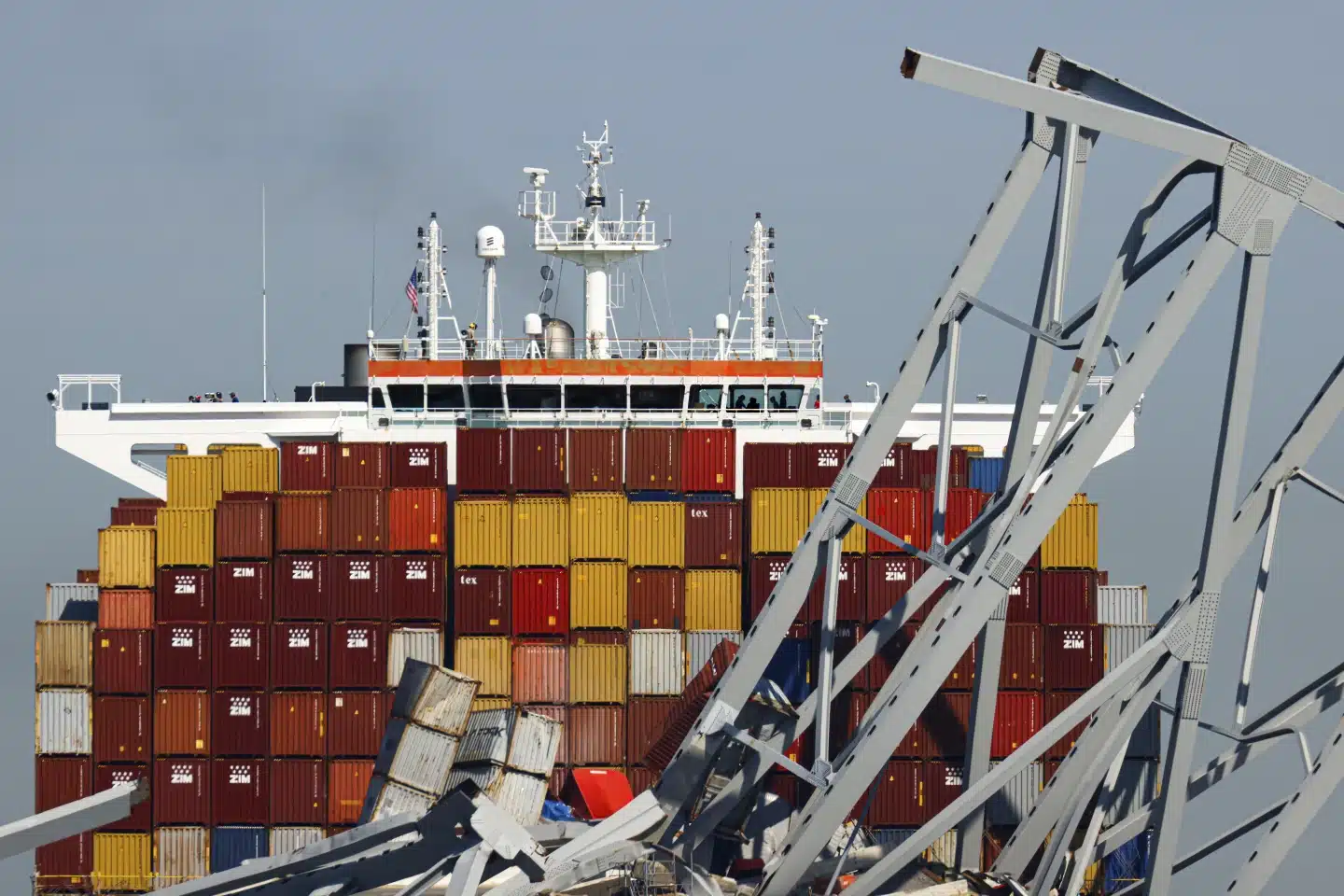
BALTIMORE — The massive container ship that caused the deadly collapse of a Baltimore bridge had apparent electrical problems before leaving port but left anyway, according to someone familiar with the situation, hours after the FBI announced that it was investigating whether any laws had been broken.
The Dali left Baltimore’s dock early on March 26, packed with cargo bound for Sri Lanka, when it collided with one of the Francis Scott Key Bridge’s supports, causing the bridge to fall into the Patapsco River and killing six roadwork crew members. Three of their bodies were recovered.
According to someone familiar with the circumstances, the Dali had clear electrical faults before leaving the port. The person, who spoke on the condition of anonymity because they were not authorized to discuss, stated that alarms went out on the ship’s refrigerated containers while it was still stopped in Baltimore, signaling an inconsistent power supply.
Ship That Caused Bridge Collapse Had Apparent Electrical Issues While Still Docked, AP Source Says
According to the source, the ship’s crew was aware of the difficulties and stated that they would be rectified.
The National Transportation Safety Board’s probe will include determining whether the ship had power issues before embarking on its journey.
Last Monday, Board Chair Jennifer Homendy stated that the probe focuses on the ship’s electrical system in general. Videos of the ship’s lights turning off and then coming back on show that there were power issues just before the accident.
Homendy stated that the information obtained from the vessel’s voyage data recorder is rudimentary, “so that information in the engine room will help us tremendously.”
According to a third source acquainted with the situation, the FBI is initiating a criminal investigation into the bridge collapse, focusing on the circumstances leading up to it and whether all federal laws were followed. The individual was not authorized to disclose details of the inquiry publicly and talked with the AP on the condition of anonymity.
According to a statement, FBI agents were aboard the cargo ship on Monday carrying out court-authorized law enforcement activities. The Washington Post was the first to report on the investigation, and the statement made no further explanations or comments.
Meanwhile, Mayor Brandon Scott announced a cooperation with two law firms on Monday to “launch legal action to hold the wrongdoers responsible” and limit harm to Baltimore residents. He said the city must act promptly to safeguard its interests.
Ship That Caused Bridge Collapse Had Apparent Electrical Issues While Still Docked, AP Source Says
Scott stated that the city “will take decisive action to hold accountable all entities responsible for the Key Bridge tragedy,” including the owner, operator, and manufacturer of the cargo ship Dali. The ship began its journey approximately a half-hour before losing power and straying off course.
The Dali is managed by Synergy Marine Group and owned by Grace Ocean Private Ltd., both of which are from Singapore. Maersk, the Danish shipping firm, chartered the Dali.
Synergy and Grace Ocean filed a court petition shortly after the collapse to restrict their legal exposure – a standard practice in situations involving US maritime law. Their joint complaint attempts to limit the firms’ liability to approximately $43.6 million. It estimates that the vessel is worth up to $90 million and owes more than $1.1 million in freight income. The estimate excludes two significant expenses: at least $28 million in repair charges and $19.5 million in salvage costs.
“Due to the gravity of the incident, various government agencies are conducting investigations, and we are fully cooperating,” Synergy spokesperson Darrell Wilson said in a statement Monday. “Out of respect for these investigations and any future legal proceedings, it would be inappropriate to comment further at this time.”
The firms filed their petition using a provision of an 1851 maritime statute that permits them to restrict their obligation to the worth of the vessel’s remnants following a tragedy.
Attorneys representing some of the deceased and a worker who survived the fall claimed Monday that the ship’s owners and managers are using an “archaic law” to safeguard their assets.
“Imagine telling that to a grieving family…” “While they’re planning a funeral, the owner of the boat is in court,” attorney L. Chris Stewart said at a news conference in Baltimore.
Ship That Caused Bridge Collapse Had Apparent Electrical Issues While Still Docked, AP Source Says
The road crew had “absolutely zero warning” in the moments before the collapse, Stewart said, even though a last-minute mayday call from the ship’s pilot allowed adjacent police officers to block vehicles from attempting to cross the bridge. Three workers’ bodies remain missing as crews continue the risky operation of extracting big slabs of steel from the river.
Julio Cervantes, who survived plunging from the bridge, narrowly avoided drowning by rolling down the window of his work vehicle and struggling through the chilly water despite his inability to swim, according to attorneys. He clung to the wreckage until he was rescued.
“This was all preventable,” Stewart stated. “That is why we were brought in to investigate and find out what has happened and give these families a voice.”
The probes come days after more than two dozen river barges broke loose and collided with a closed span in Pittsburgh, raising fears about the safety of thousands of bridges around the country.
SOURCE – (AP)
News
Iran’s attack on Israel raises fears of a wider war, but all sides have also scored gains
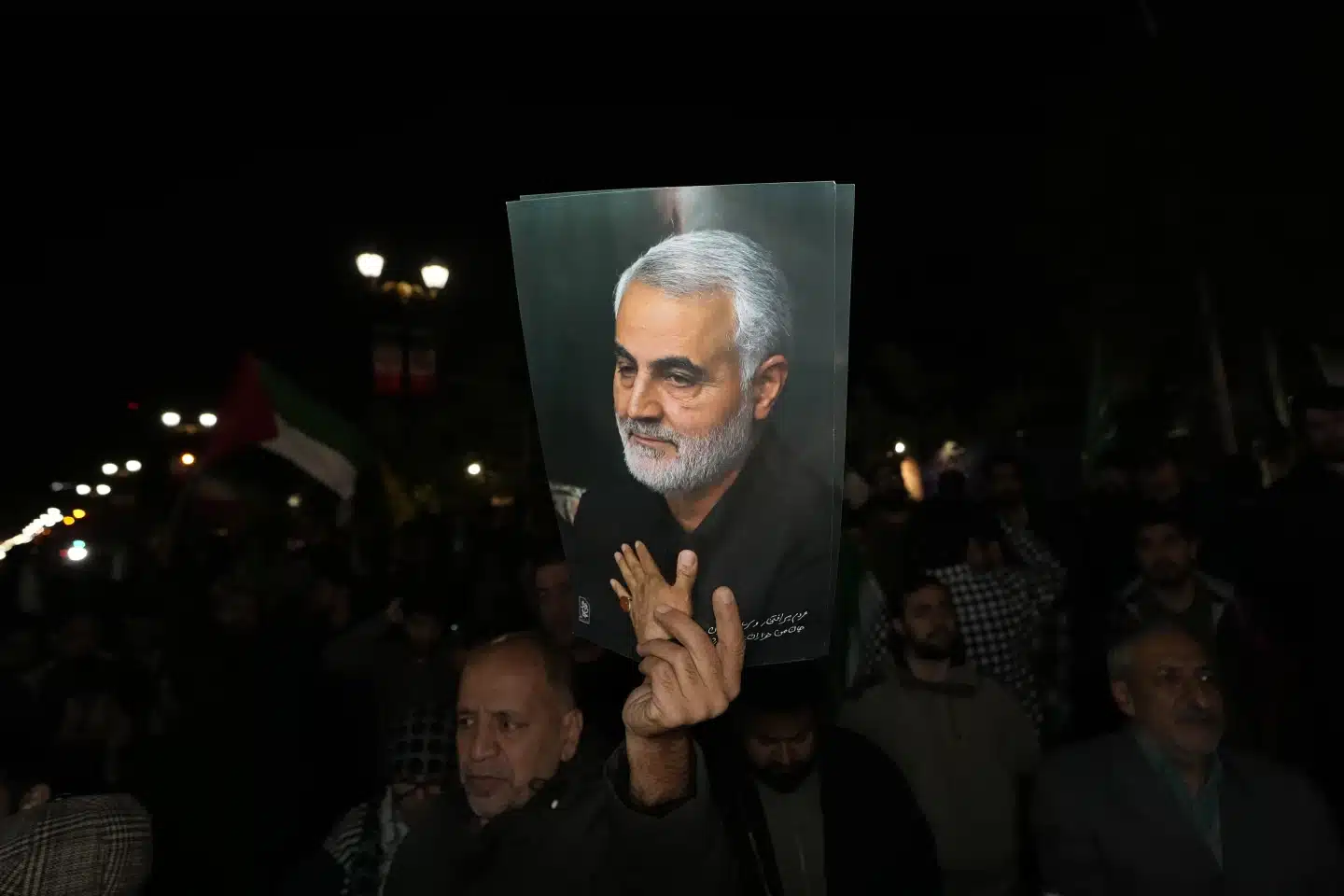
Tel Aviv, Israel – Iran’s extraordinary attack on Israel early Sunday heightened regional tensions, confirming long-held fears that the Israel-Hamas war will escalate into a larger conflagration. However, Iran, Israel, the US, and Hamas all made advances.
Here’s a peek at the aftermath.
As more than 300 drones and missiles approached in the early hours of Sunday, the country was able to effectively test its aerial defense system, which, with assistance from partners, stopped 99% of the projectiles and avoided serious damage.
Iran’s attack on Israel raises fears of a wider war, but all sides have also scored gains
In contrast, when Hamas rushed from Gaza into Israel on October 7, armed forces suffered a crushing defeat at the hands of a significantly less equipped enemy. That dealt a significant blow to Israel’s image as a regional military force, shattering any illusions of invincibility. The response to Iran’s attack could be what restores faith in the country’s military, even though its forces are still trapped in Gaza more than six months after Israel started war on Hamas there.
The country has also boasted about the coalition of forces that helped it resist the Iranian attack. It’s a much-needed display of support at a time when Israel is most isolated due to worries over its actions during the conflict against Hamas, including a deteriorating humanitarian catastrophe and a staggering death toll in Gaza.
Iran repeatedly pledged to respond to a suspected strike on an Iranian diplomatic compound in Damascus on April 1, which killed two generals. Sunday’s assault allowed Iran to demonstrate to its populace that it will not stand by while its assets are targeted and that it meant business when it threatened retaliation.
With its strike, Iran was able to demonstrate its formidable weaponry, induce terror in some Israelis, and disrupt the lives of many through school closures. However, with little actual damage suffered in Israel, Iran may expect a restrained response. Iran announced the operation’s end several hours after the drones and missiles were launched.
Iran’s attack on Israel raises fears of a wider war, but all sides have also scored gains
The United States played a major role in repelling the onslaught, proving to its allies worldwide the strength and dependability of American backing.
Now, as the country considers how and if to respond, that partnership will be tested, the Biden administration will attempt to impose leverage on Israel and prevent it from carrying out a retaliation that could exacerbate the crisis.
Hamas, which Iran sponsors, hailed the attack on the country. Since beginning its October 7 offensive, Hamas had hoped that regional allies would rush to its aid and pull Israel into a larger conflict. While others have intervened, notably the Iranian-backed Hezbollah in Lebanon and Yemen’s Houthis, Iran did not directly enter the conflict until Sunday.
Iran’s attack on Israel raises fears of a wider war, but all sides have also scored gains
Hamas may believe that the attack is the first step toward greater Iranian involvement in the Gaza conflict. It might also hope that unrest in the West Bank, where a teenager was slain and settlers rampaged through Palestinian towns, continues to escalate. At the absolute least, Iran’s attack may have emboldened Hamas to dig in its heels in current cease-fire discussions, thinking that increased military pressure on them may persuade it to accept the militant group’s tougher criteria for an agreement.
SOURCE – (AP)
News
India’s Modi Vows To Boost Social Spending, Make Country Into A Manufacturing Hub Ahead Of Election

NEW DELHI—Indian Prime Minister Narendra Modi announced his Hindu nationalist party’s election strategy on Sunday, promising to increase social spending, improve infrastructure, and transform India into a global manufacturing hub as businesses shift away from China.
Modi wants to return to power for a third five-year term. He and other Bharatiya Janata Party officials announced their promises in the world’s largest democracy just days before a multi-phase general election.
India’s Modi Vows To Boost Social Spending, Make Country Into A Manufacturing Hub Ahead Of Election
Modi promised to expand social initiatives implemented during his party’s 10-year rule, such as millions of free homes for the underprivileged, health care, cooking gas, and free grain. His government has provided needy farmers with 6,000 rupees ($73) per year.
He claimed his government’s efforts had lifted 250 million people out of poverty since he took office in 2014. India is the world’s most populated country, with more than 1.4 billion inhabitants. J.P. Nadda, the BJP’s president, stated that less than 1% of Indians today live in abject poverty.
India’s elections take place over several days and last many weeks. Voting for the country’s parliament will begin on April 19 and continue until June 1, with results revealed on June 4.
India’s Modi Vows To Boost Social Spending, Make Country Into A Manufacturing Hub Ahead Of Election
Most polls forecast a victory for Modi and the BJP. However, the opposition Congress Party claims that Modi has damaged India’s democracy and favored the interests of the wealthy.
Modi has been campaigning widely around the country to increase India’s GDP to $5 trillion by 2027 from $3.7 trillion. He also promised to put India on track to become a developed country by 2047, when the country will celebrate its 100th anniversary of independence from British colonial rule.
On Sunday, he announced that his party would make India a hub for the pharmaceutical, energy, semiconductor, and tourism industries. He also stated that India will improve its infrastructure, which includes railways, airports, and canals. He also stated that he would work to create job opportunities for young people and provide young entrepreneurs with access to low-cost loans.
Modi enjoys widespread support in India, where he is regarded as a champion of the country’s Hindu majority and has overseen significant economic progress.
India’s Modi Vows To Boost Social Spending, Make Country Into A Manufacturing Hub Ahead Of Election
However, detractors argue that another term for the BJP might weaken India’s position as a secular, democratic society, citing Hindu nationalist attacks on the country’s minorities, particularly Muslims, as well as a narrowing space for dissent and free media.
SOURCE – (AP)
-
News5 months ago
Death Toll From Flooding In Somalia Climbs To Nearly 100
-
Business5 months ago
Google Will Start Deleting ‘Inactive’ Accounts In December. Here’s What You Need To Know
-
Entertainment5 months ago
Merriam-Webster’s 2023 Word Of The Year Is ‘Authentic’
-
Sports5 months ago
Panthers Fire Frank Reich In His First Season With Team Off To NFL-Worst 1-10 Record
-
Celebrity5 months ago
Elon Musk Visits Destroyed Kibbutz and Meets Netanyahu in Wake of Antisemitic Post
-
Celebrity5 months ago
Shane MacGowan, Lead Singer Of The Pogues And A Laureate Of Booze And Beauty, Dies At Age 65


